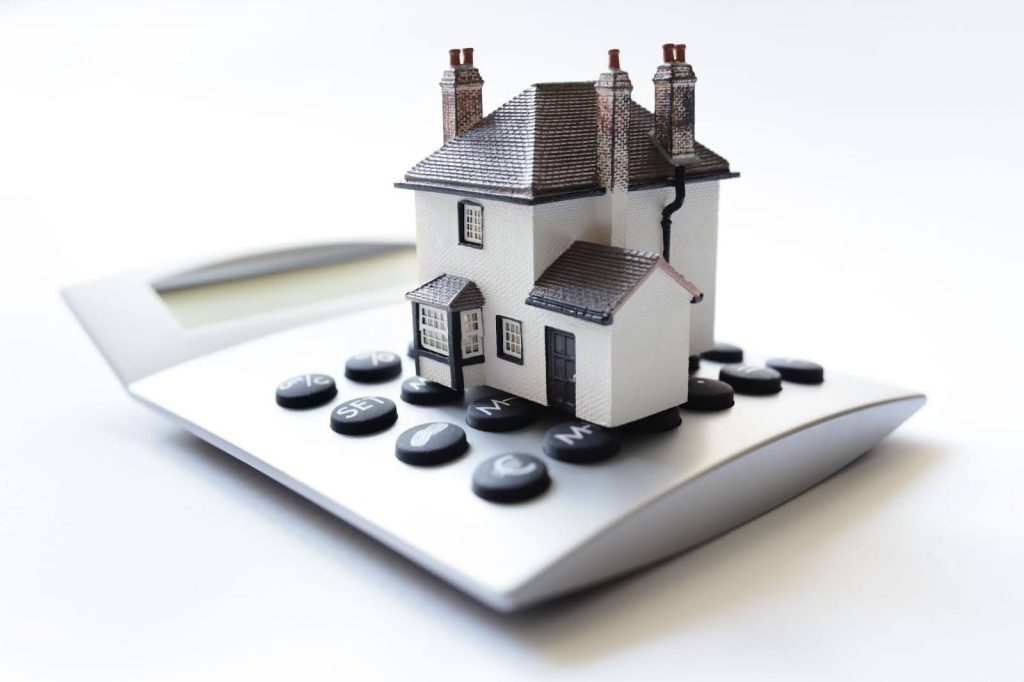Latent defect
As of January 2015, life became easier for buyers who t...



Anyone looking to become a property owner should be prepared. Various taxes are to be expected following the purchase of a home. Some of these contributions, such as the welcome tax, must be paid in the months following the acquisition. Learn with your mortgage broker about the different situations in which exemptions apply.
Real estate transfer duties are a tax imposed by cities and municipalities since 1976. This measure provides them with an additional source of revenue. The collection of this tax has been mandatory since 1992.
The real estate transfer duties—the welcome tax—refer to the amount a buyer must pay to the municipality after a property transfer. A payment notification is sent to the new owner between the third and sixth month following the transfer. If this applies to you, you have 30 days to pay this tax. After this period, interest may be added to the initial amount.
Transfer duties represent a significant source of revenue for local communities. This revenue helps fund municipal projects and public services, such as infrastructure maintenance, security services, education, or healthcare.
The funds collected through transfer duties enable new residents to contribute to the costs related to public service use, as any good citizen would.
The taxable base is the value used to calculate real estate transfer duties. The highest value between represents this:

This rate is calculated progressively, increasing proportionately to the property’s value. For 2024, the amount to be paid depends on the location of your property, house, etc.
Indeed, more municipalities are choosing a rate above the legal base for properties valued at over 500,000 dollars. You can use an online welcome tax calculator to determine the applicable tax for each property you consider.
Here is the current applicable legal basis:
According to the law, municipalities are free to set the tax rate when the property value exceeds $500,000. However, this rate must not exceed 3%.
The rates applied differ for transfers of properties located in Montreal, particularly for properties with a tax base of $552,300. Here is a comprehensive list of all the rates applied in Montreal, including those from the general legal base.
For example, for a property sold for $345,000, the welcome tax would be calculated as follows:
First bracket: $58,900 x 0.5% = $294.5
Second bracket: ($294,600 – $58,900) x 1% = $2,357
Third bracket: ($345,000 – $294,600) x 1.5% = $756
Total: $294.5 + $2,357 + $756 = $3,407.5
Municipalities must collect property transfer duties for any property transfer within their territory. Fortunately, the law provides some exceptions exempting a purchaser from paying the transfer duties. In most exemption cases, the transfer occurs between family members or does not involve a significant change in property control. This was established to support certain types of transactions or people. Here are the cases for which exemption is allowed:
A person may be exempt from paying property transfer duties if they acquire property from a family member with a direct, ascending, or descending link. For example, no welcome tax applies regardless of the property’s value when a grandfather gives or sells his house to his grandson. This exemption does not extend to property transfers in a direct collateral line, such as between a brother and sister.
An exemption for a transfer between spouses is also possible. For married couples, the exemption only applies to transfers before a potential divorce is finalized. After a divorce, property transfer duties apply to all transfers between ex-spouses. Like legally married spouses, common-law partners may also benefit from the exemption provided they have lived together for the 12 months preceding the property transfer.
According to the law, property valued below $5,000 is exempt from property transfer duties. This provision applies, for example, to a small plot of land.
No welcome tax is payable to the municipality if the two parties involved in the transfer are the shareholders of a company and the company itself. The only condition required to benefit from the exemption is that one of the parties must own at least 90% of the other party’s shares.
To qualify for a legal exemption from paying property transfer duties, you must gather documents proving that you fall under one of the exemption situations. Depending on your situation, these documents may include birth and marriage certificates.
You must also draft and submit an exemption request to the agency responsible for collecting this tax. Attach your supporting documents and the sale deed to your request.
The welcome tax is, therefore, a fiscal contribution imposed by a municipality following a property transfer. An exemption is possible in specific cases.
Contact your mortgage broker to learn about the possibilities regarding whether or not this tax applies.
Save for your down payment.Set a goal for your down pay...



They trust us
1 an fixe
3 ans fixe
5 ans fixe
5 ans variable
7 ans fixe
As of 04/08/25
1 year fixed
3 years fixed
5 years fixed
5 years variable
7 years fixed